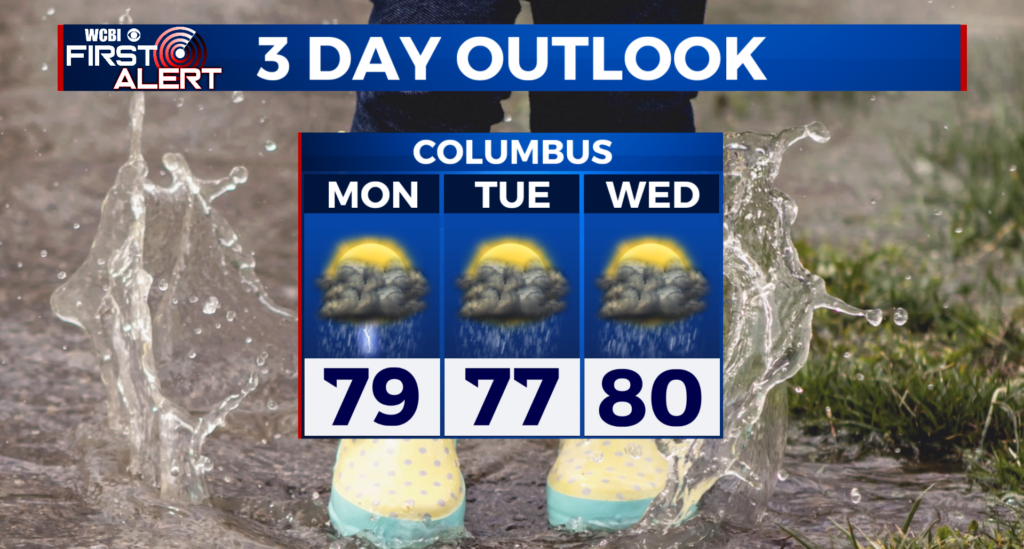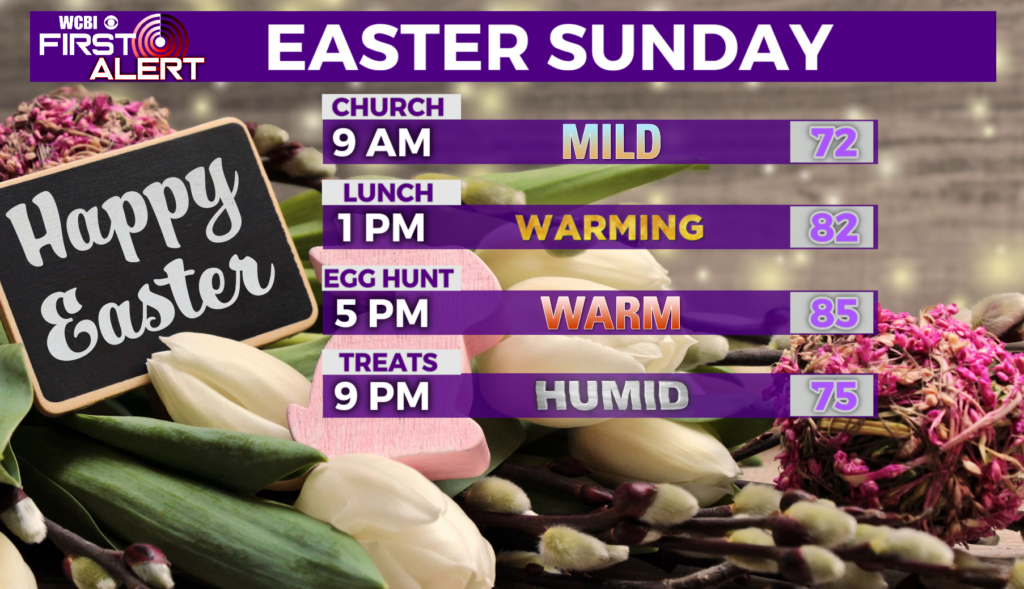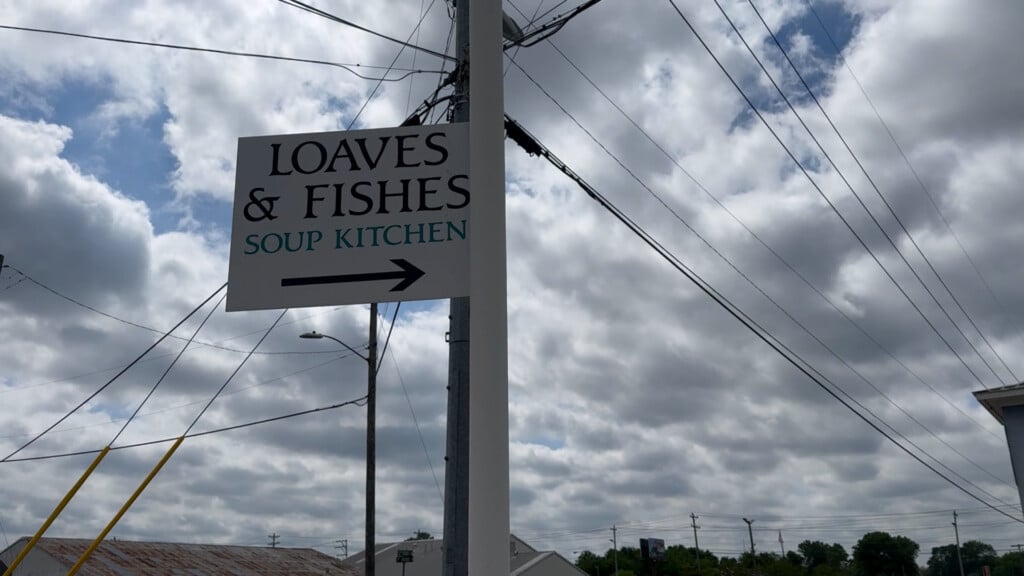MSU linebacker donates NIL check to Tupelo Police Athletic League
TUPELO, Miss. (WCBI) – A well-known college athlete gave back to an organization that made a big impact in his life growing up.
The donation was made possible because of a new rule allowing college athletes to monetize their name, image, and likeness, or NIL.
For MSU Linebacker Jett Johnson, there was never any doubt about what he would do with his NIL earnings.
“PAL is the first name that popped in my mind when they presented the opportunity to me,” said Johnson.
Johnson was a member of the Tupelo Police Athletic League for years and credits the coaches and volunteers with instilling the values of discipline, hard work, perseverance, and teamwork, which helped him become a Bulldog.
He is also one of the first group of college athletes to be able to receive compensation from companies without losing their eligibility to play. Johnson, who led the SEC in tackles last season, is a spokesman for JUVA Juice and donated his earnings, more than $2,500, to the Tupelo PAL.
“I transitioned to football after PAL, but love everything they represent here, connecting the community to the police, and like all, they stand for and everything,” said Johnson.
Justin Mitchener is President and CEO of Juva and said the linebacker has been a great spokesman for their Mississippi-based business.
“Jett is the one that pops off the page to us because he’s a stud on the field, but what he does off the field is even more impressive, he embodies everything that we believe in,” said Mitchener.
Tupelo Police Chief John Quaka said Johnson’s gift will help continue the tradition of excellence in the PAL program.
“Jett is an incredible person and athlete, a great leader that represents the City of Tupelo well and we’re proud to be part of his upbringing to a small extent,” said Quaka.
JUVA plans to continue its relationship with Johnson. Business owners know it’s good business to have the leading tackler in the SEC represent your company, especially one who gives back to his community.
The rule change stems from a 2021 Supreme Court ruling that said the NCAA was not legally allowed to limit any education-related payments to students.
For 24/7 news and updates, follow us on Facebook and Twitter




